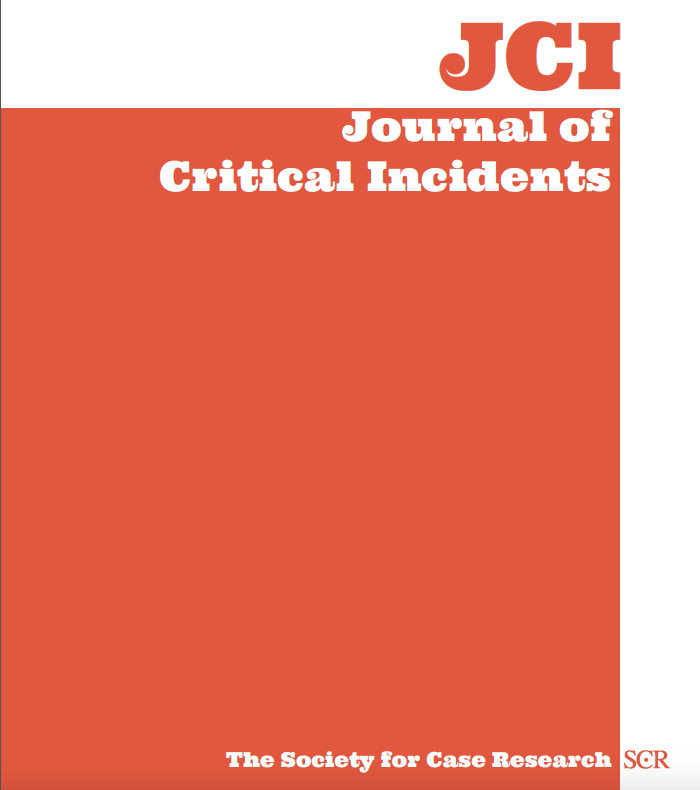Embezzlement at the Country Club: A Breach of Trust

This critical incident describes the events and resulting consequences of fraud and embezzlement committed by Dale Endries, controller for Oneida Golf and Country Club (OGCC). This activity extended over at least seven years and amounted to over $2.6 million. How could this have happened? OGCC is a private golf club with a history dating back to 1929, with a membership that includes the “who’s who” of northeast Wisconsin. Private, non-profit clubs and organizations have boards of directors who have a fiduciary duty to shareholder members, and boards hire and oversee managers who guide day-to-day operations. Clearly there was a breach of trust between Endries and the board. But does the board bear any responsibilities for what happened? In what ways did the board fail in its fiduciary duties? Why did they fail? What changes are needed to prevent future breaches of trust and fraud?
In completing this assignment, students should be able to:
1. Apply the Fraud Triangle to a fraud and embezzlement situation
2. Analyze failures in a nonprofit organization’s internal control system by using the Internal Control Framework of the Committee of Sponsoring Organizations of the Treadway Commission (COSO)
3. Diagnose failures in legal duties by a board of directors of a nonprofit organization
4. Recommend changes to a board of directors’ governance approach, as well as specific internal controls, to prevent and detect fraud
